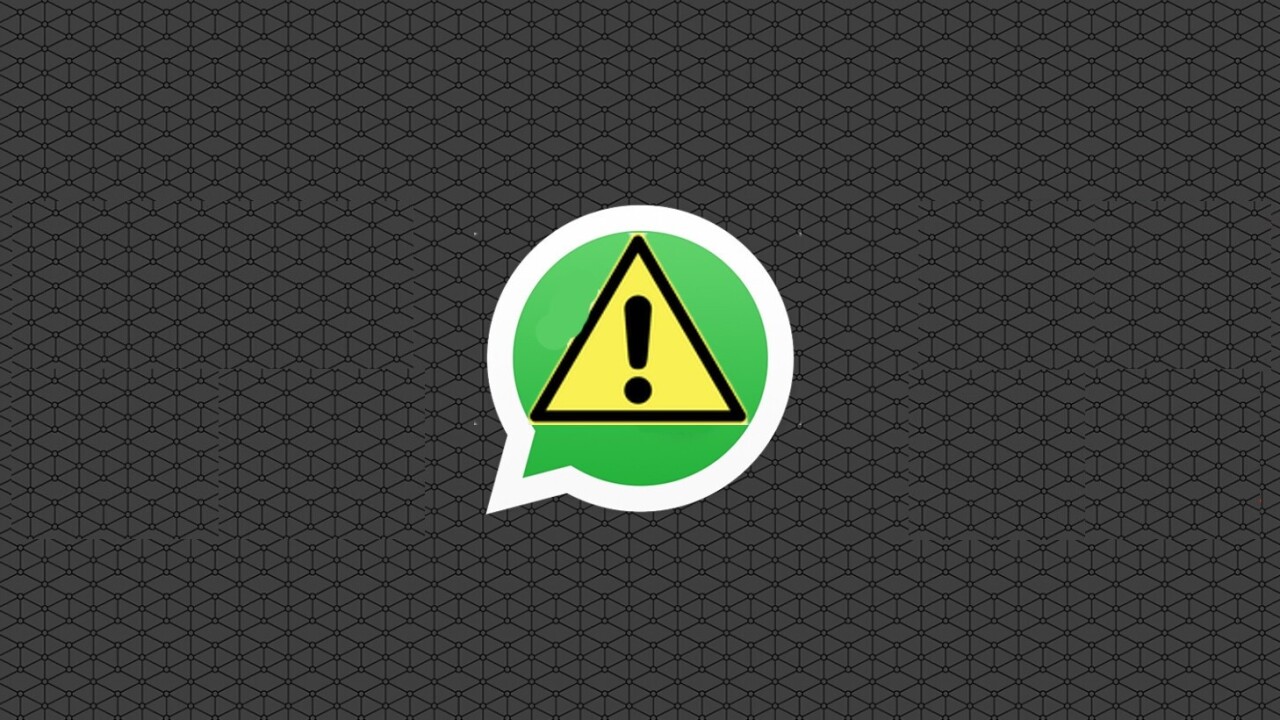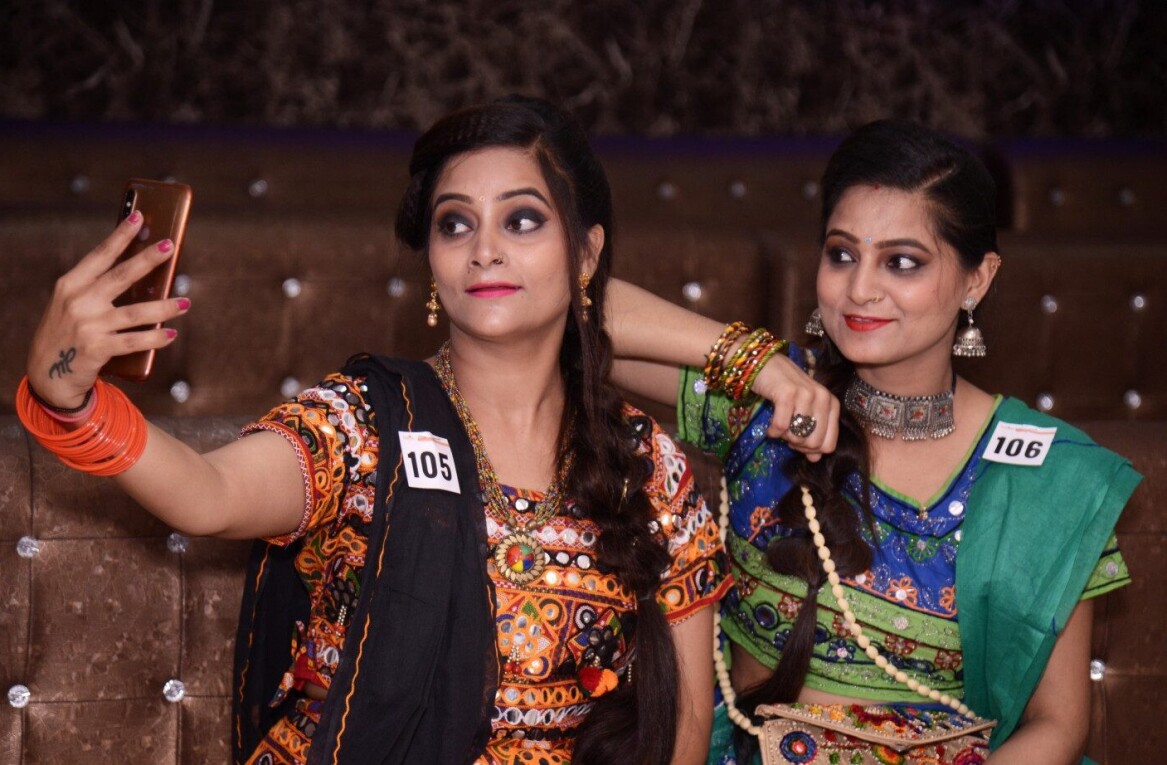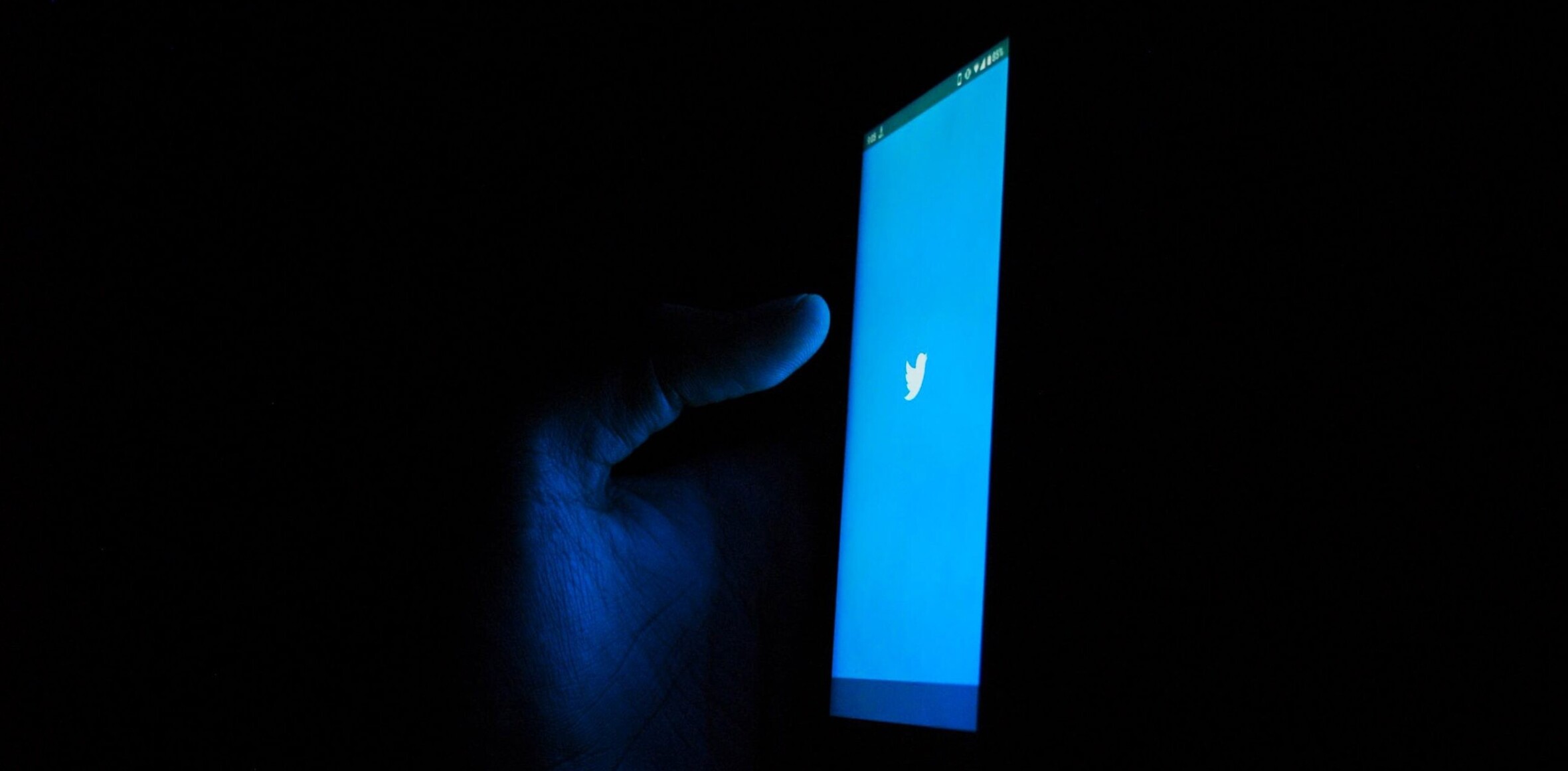
(Update 26/05/2021 5.45 PM IST): In a statement, the Indian government said that “it respects rights to privacy of users and has no intention to violate it when WhatsApp is required to disclose the origin of the first message.”
It added that several governments across the world have made demands to access encrypted data, and the Indian government’s demands are “significantly much less.”
WhatsApp has sued the Indian government in Delhi high court over its new intermediary rules. These rules — which are coming into effect starting today — force chat platforms to find the ” first originator” of a message, endangering end-to-end encryption provided by WhatsApp, Signal, and other platforms.
In a statement, the Facebook-owned service said that traceability will meddle with people’s privacy on the platform. The company added that it’ll continue engaging with the Indian government to find a middle ground:
Requiring messaging apps to “trace” chats is the equivalent of asking us to keep a fingerprint of every single message sent on WhatsApp, which would break end-to-end encryption and fundamentally undermines people’s right to privacy. We have consistently joined civil society and experts around the world in opposing requirements that would violate the privacy of our users.
In the meantime, we will also continue to engage with the Government of India on practical solutions aimed at keeping people safe, including responding to valid legal requests for the information available to us.
The company’s plea in the Delhi high court also asked for the prevention of any criminal liability to its employees in case of non-compliance of the new rules.
WhatsApp has been at loggerheads with governments all over the world with issues related to traceability. The company also has a new page explaining its stance with supporting statements from digital privacy-forward organizations such as Mozilla, Electronic Frontier Foundation (EFF), and Internet Freedom Foundation (IFF).
US-based tech companies — including Facebook, Google, Twitter, and WhatsApp — haven’t yet complied with India’s new social media rules yet. Because of this, they could lose their “intermediary” status, and won’t be protected by the safe harbor rules of the country’s IT laws.
Mishi Choudhary, founder of Delhi-based legal organization SLFC.in that deals with digital laws, said that the new rules are unconstitutional:
WhatsApp has done what every company must do if they care about end-to-end encryption and privacy. The IT rules notified by the government are unconstitutional. In the garb of addressing misinformation and regulating technology companies, GoI has been exceeding the powers granted through subordinate legislation and using it for political purposes as is evident from the recent Twitter fracas.
Earlier this week, WhatsApp said that it won’t reduce the functionality of users who haven’t accepted its new privacy policy yet.
Get the TNW newsletter
Get the most important tech news in your inbox each week.





